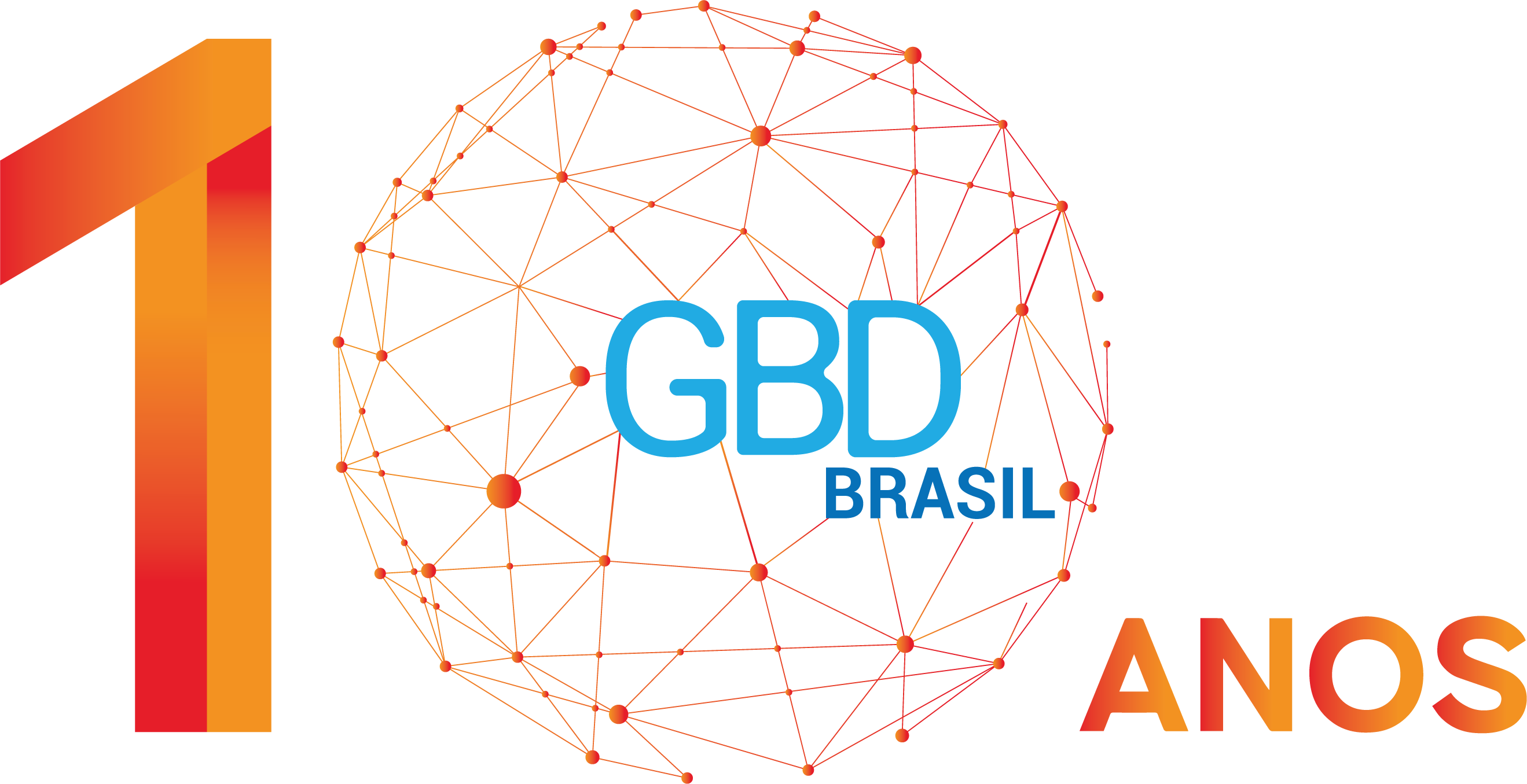Data de publicação
Junho de 2024
Periódico
Nephrology Dialysis Transplantation
Resumo
Objetives – The major results of the 2021 Global Burden of Disease (GBD) Study, published in The Lancet, are accessible for study by clinicians and public health officials. These results provide crucial information on the global impact of chronic kidney disease, offering estimates of its incidence, prevalence, and burden worldwide.
Methods – GBD systematically gathers data on disease prevalence and mortality and risk factors from global sources, producing estimates through meta-analysis using specialized software. Key metrics include mortality, years of life lost (YLLs), years lived with disability (YLDs), and disability-adjusted life years (DALYs). CKD burden is estimated through ICD codes, and errors in coding are adjusted using algorithms to redistribute deaths to appropriate categories.
Results – GBD estimates kidney dysfunction as a risk factor, alongside CKD burden, capturing the cardiovascular disease burden due to renal disease. This additional cardiovascular burden is nearly the same size as that attributable to CKD, using relative risks obtained from the Chronic Kidney Disease Prognosis Consortium. Exposure to kidney dysfunction is calculated based on KDIGO CKD stages, considering prevalence and complication risks at each stage.
Conclusions – Chronic kidney disease is now the 11th leading cause of death globally, with kidney dysfunction ranking as the 8th leading cause of DALYs. Over three decades, CKD burden has grown by 45%, primarily due to population aging and increased incidence. The GBD’s limitations, such as sparse data and inadequate mortality cause coding, highlight a need for improved health information systems worldwide.
DOI/link
https://doi.org/10.1590/S1679-49742021000100017
Autoria
Vínculo institucional
Lattes
Orcid
Theo Vos
Institute for Health Metrics and Evaluation and Department of Health Metrics Sciences, School of Medicine, University of Washington, Seattle, WA, USA


